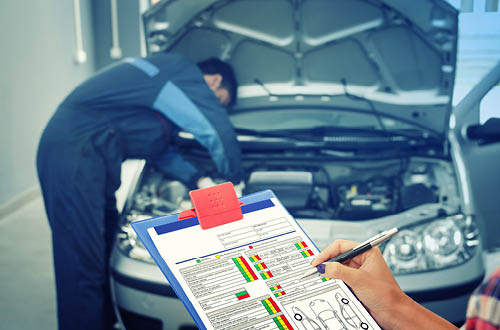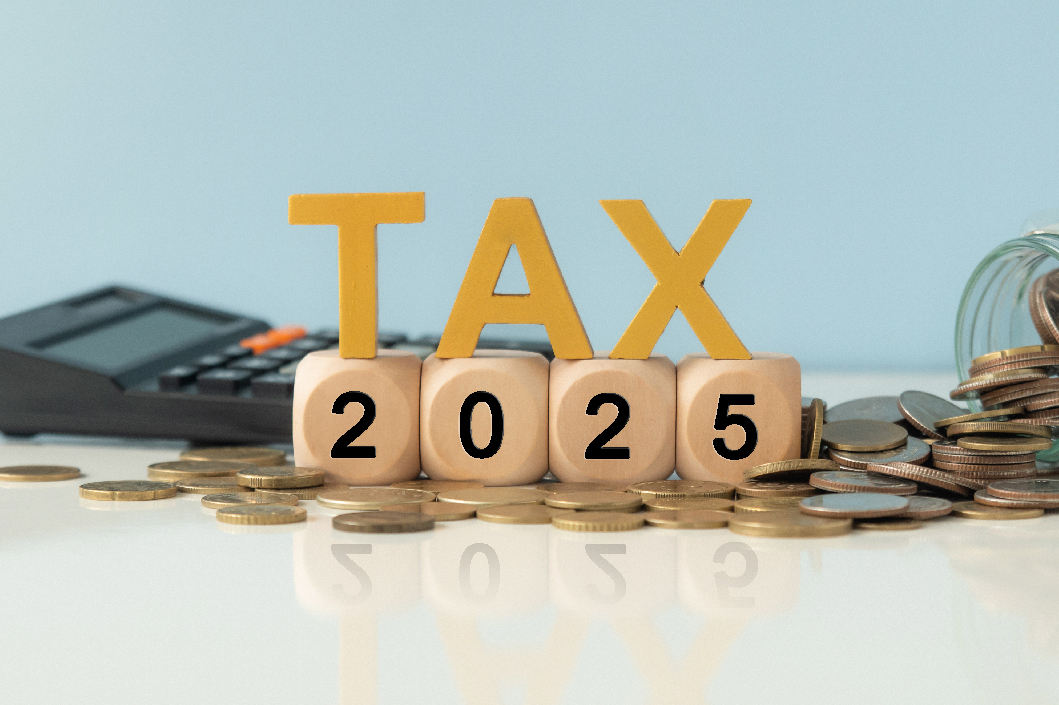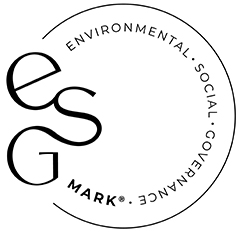When undertaking a non-business activity, it often results in a restriction in the amount of input tax a VAT registered entity can reclaim.
Recently HMRC replaced the six-step ‘Fisher Test’ (established by a case as to whether shoots on Lord Fisher’s estate were a business activity), with a two-step process.
The full extent of how HMRC will apply this new process is yet to be seen, but there are concerns that the logical conclusion is to treat supplies such as free parking, peppercorn rents, section 106 schemes, etc. as non-business. It certainly seems to be a further narrowing of the ability to zero-rate a construction as a Relevant Charitable Purpose (RCP) building.
To add to this, a First-tier Tribunal has dismissed HMRC’s assertion (backed up by a significant assessment) that a charity was making both business and non-business supplies and so could not make full claims of input tax.
The Towards Zero Foundation is a charity that undertakes testing on cars (NCAP). Some tests are charged for, some are done for free. HMRC focused on the latter as non-business.
However, the tribunal ruled that the free tests were not a stand-alone aspect of the operation. The methodology of the taxpayer was to buy a new model and test this without the manufacturer’s knowledge.
The initial NCAP report is then published, highlighting the failings of the model. The manufacturer addresses the issues and pays the taxpayer to undertake further tests, which are then publicised to show how the car has been improved. An example given was the Renault Kwid, which got a zero-star review when launched in India in 2016. Renault then upgraded the standard specifications to obtain a four-star review that they paid for.
In more ‘mature’ markets the vast majority of NCAPs are paid for, but the aim is to have a small percentage tested on a mystery shopper basis (i.e. without charge) to retain independence.
The taxpayer argued that the reason it undertook the free tests was to get manufacturers to fund further testing (and implied that the costs of these tests were set at a level to cover the costs of the free testing). The tribunal agreed that the free testing was an inherent part of the taxpayer’s business activities and as such, there should be no input tax restriction.
Now here is the call, does HMRC appeal?
Recently HMRC seems to be much more politick where it has lost a first-tier case. A first-tier ruling creates no precedent and rather than risk losing at the Upper Tier (which does), HMRC appears willing to reject the first-tier view without looking to appeal.
This was emphasised by a recent case, which ruled that there was no legal basis for being able to only make one VAT claim under the DIY Housebuilder’s Scheme, then HMRC reissued advice on the scheme stating that only one claim could be made.
Relevant VAT registered entities, especially charities, should seek advice as to how the recent changes could impact them.
For more information or for a particular enquiry, please contact Ian Marrow via our online enquiry form .
If you have any questions about the above, or would like more information specific to your circumstances, please enter your email address below and we will get in touch:












